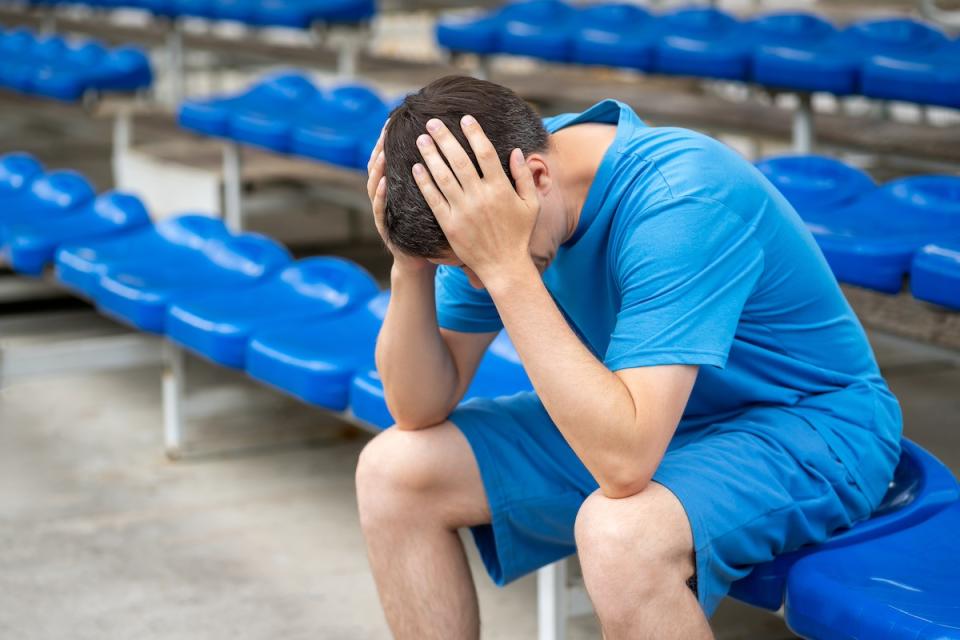You've likely heard a lot about concussions in the news over the last few years. This is due, in part, to concerns from many professional and amateur athletes about the prevalence of head injuries in sports and the dangers of the lasting impacts of these injuries, especially those with repeat concussions.
If you're a parent, you're probably wondering how vigilant you need to be as your kids play sports that could involve concussions. Collisions and bumps to the head can occur in many sports, from soccer to volleyball to basketball to football.
“A concussion is an injury to the brain which is caused by rapid and forceful movement of the brain against the skull,” explains Victoria Eby, DO, a sports medicine specialist and an independent member of the HonorHealth Medical Staff. “It isn’t just through sports you can get a concussion. If you have been in a car or bike accident or have fallen and hit your head, you could also have one.”
Diagnosing and treating a concussion
To diagnose a concussion, a complete physical and mental examination will take place. “The physical part of the exam includes neurologic screening and cognitive, strength, coordination and balance testing,” shares Dr. Eby. “The mental screening includes testing memory, concentration, attention and how quickly the patient can solve problems.”
It’s important to be seen by a specialist as soon as possible after the injury. “No two people experience concussions in exactly the same way or have the same symptoms,” explains Dr. Eby. “That’s why it is important to see a specialist who can help guide you throughout your recovery.”
There are programs available to help those suffering from these types of injuries including the HonorHealth Concussion Program. Physicians in this program can diagnose you with a concussion, help you if you’ve already been diagnosed and treat post-concussion syndrome. At your first appointment, in addition to a comprehensive exam, your specialist will review what you should do for your concussion based on your stage of healing. “You will receive recommendations for strategies for symptom management and rehabilitation for concussion-related symptoms and be asked to document how you are feeling during activities to review with your doctor at your next appointment,” says Dr. Eby.
Depending on the nature of the injury, the specialist may refer you for additional therapy, including vestibular therapy to help with general dizziness or dizziness with eye movement, physical therapy to address neck pain or worsening headaches or ophthalmology/neuro-ophthalmology to assist with vision issues.
The bottom line: Concussions can happen in sports and in life. That’s why it’s important to understand and recognize the symptoms and know where to get help if you or a loved one gets a concussion.
HonorHealth Concussion Program
If you’ve been diagnosed with a concussion or are experiencing symptoms after a blow to the head, our program can help ensure you make a full recovery. Your specialist will see you regularly to ensure you’re making progress and getting the resources you need.
Sports injury experts get you back to doing what you love
Injuries can happen to anyone, whether you’re a weekend warrior training for a marathon, an elementary student playing soccer or a retiree enjoying a round of golf. Don’t let injuries keep you from doing the things you enjoy!
Preparing for your next hike?
If you’re getting ready to hit the trail, check out seven tips to help you stay safe on your next hike.
